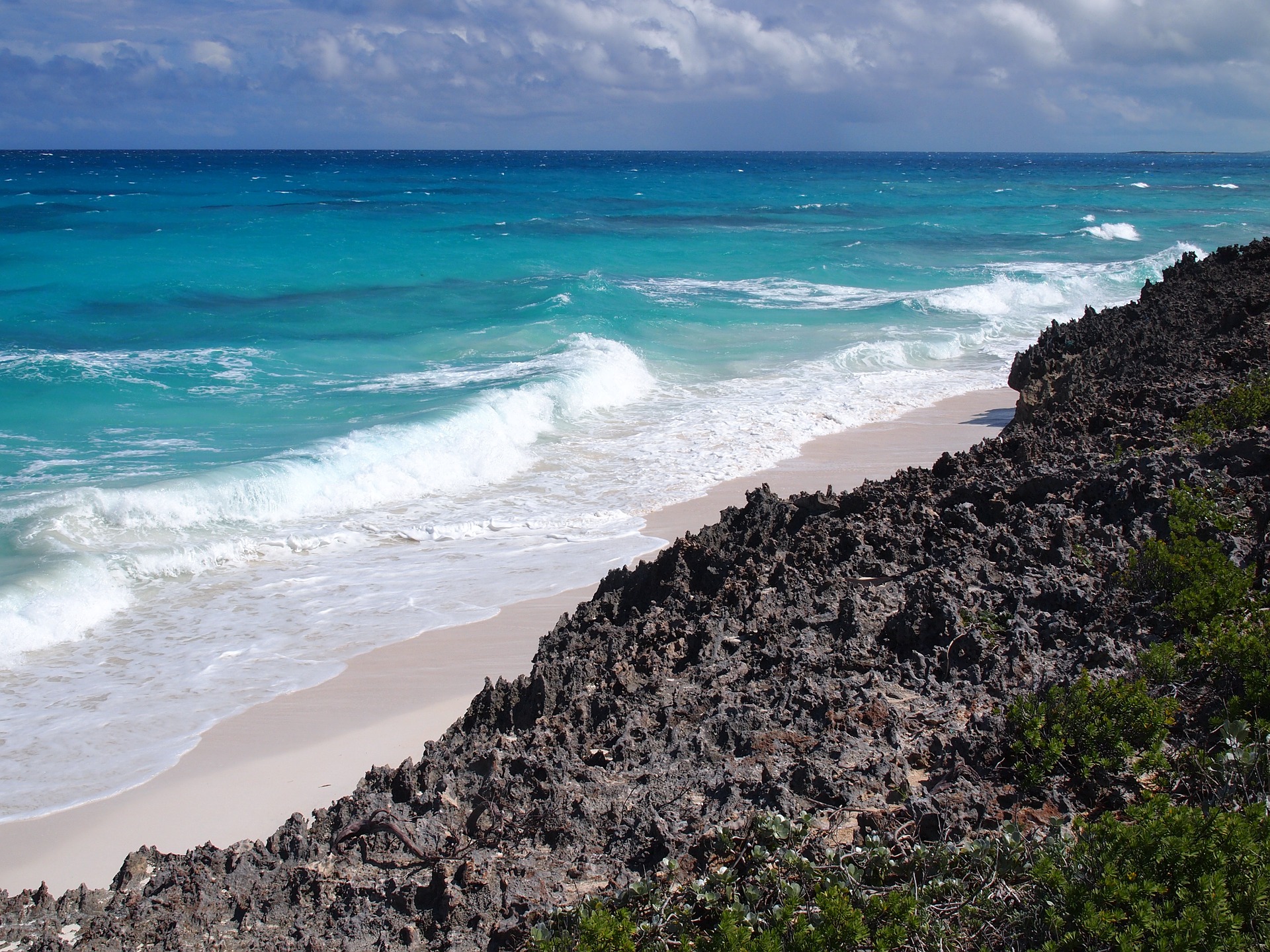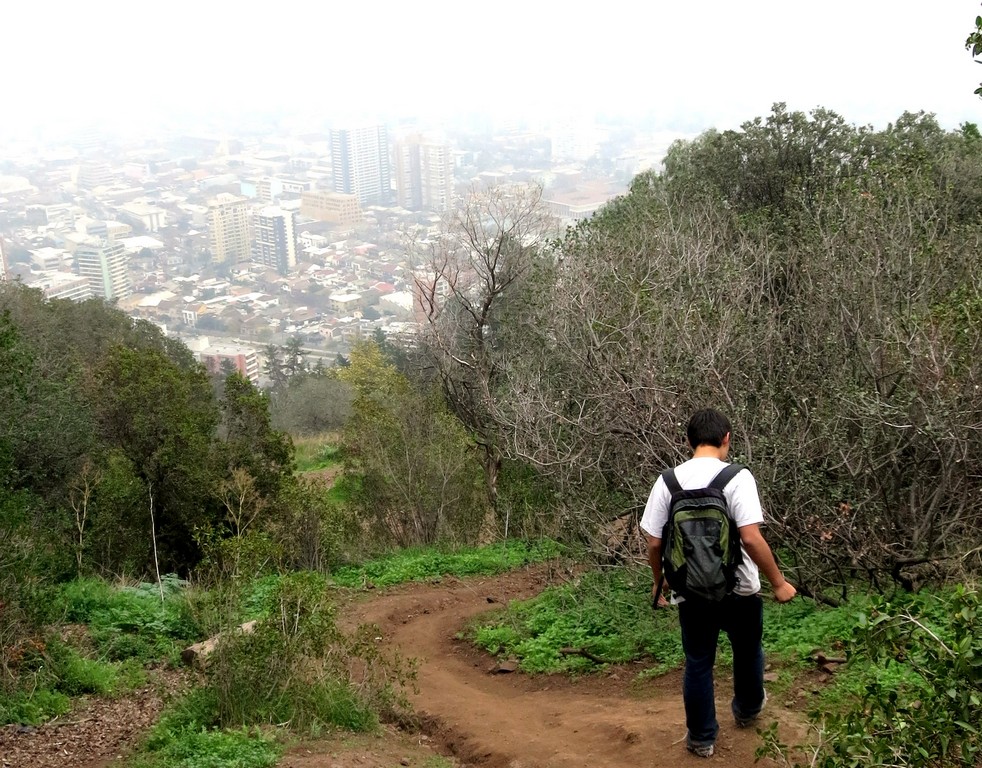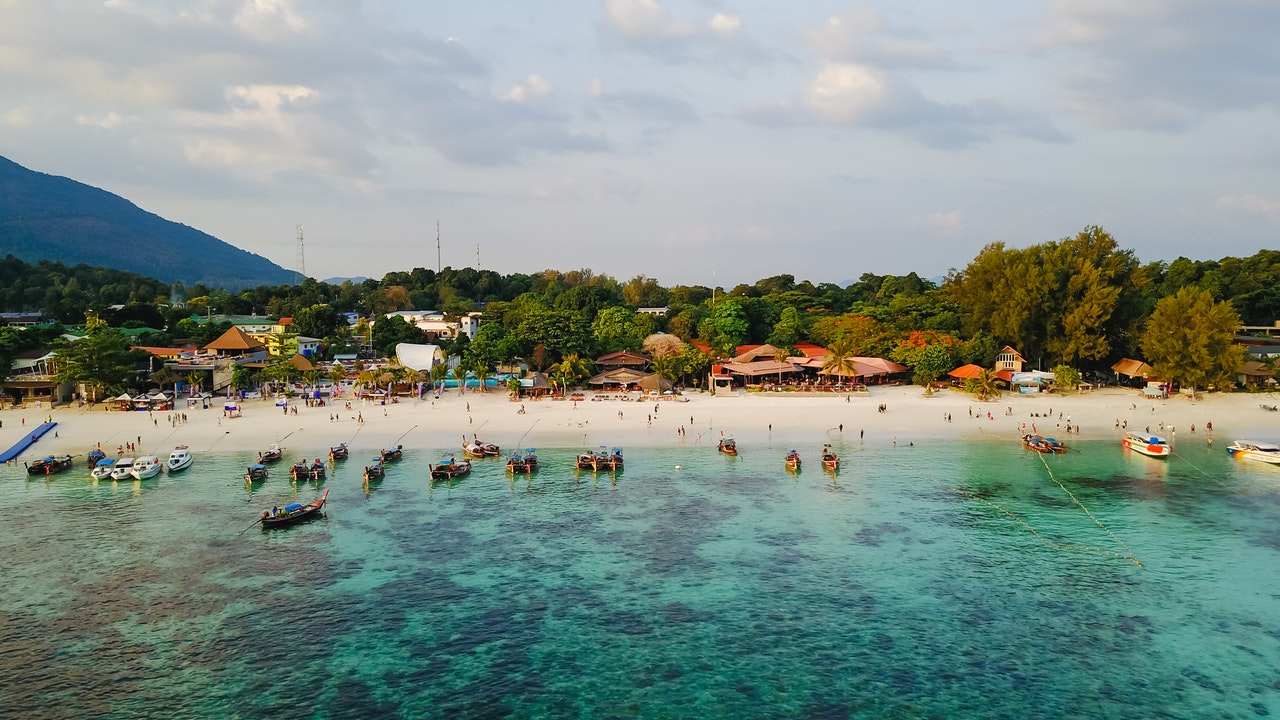
Popular Destinations with Covid Restrictions
Most Covid-19 restrictions have been dropped in the United States and many countries around the world. We wrote recently about popular destinations that have recently dropped their Covid-19 requirements.
But there are others places that still require them, so you might need to present documentation or meet select criteria, such as being vaccinated, in order to travel there this summer.
However, even these countries have dropped some of their restrictions, so getting there is now easier than it was a year or two ago.
Bahamas
You can now travel to the Bahamas without a negative Covid-19 test if you are fully vaccinated. Unvaccinated travelers ages 2 and up must obtain a negative Covid-19 test (RT-PCR or Rapid Antigen) taken no more than three days or 72 hours prior to travel.
Canada
The Government of Canada recently announced it is extending current border measures for all travelers entering Canada. Requirements for travelers arriving to Canada are expected to remain in effect until at least September 30, 2022.
These rules require visitors to provide proof of full vaccination or submit a recent negative COVID-19 test and quarantine for two weeks upon arrival. Visitors must also use the ArrivaCan app to upload their travel and personal information.

Chile
Chile eased entry restrictions earlier this year but some still remain in place. In addition to completing a Travel Affidavit, visitors are required to be fully vaccinated in order to receive a Mobility Pass allowing them to enter hotels, restaurants, theaters and public transportation. However, a PCR test can sometimes temporarily replace the Mobility Pass.
China
China still has its “Zero Covid” strategy in place requiring travelers to stay in a designated quarantine hotel for seven days, followed by three days of home quarantine. That’s down from 2+ weeks, but it’s still a deterrent for potential tourists.
Fiji
Fiji is welcoming fully vaccinated visitors this summer. However, there are requirements in place. You must show proof of full vaccination if you are 16 and older, and must have travel insurance and a pre-booked in-country Cpvid-19 Rapid Antigen test.

Japan
Japan reopened its borders for approved guided group tours last month but access remains limited and there are still plenty of restrictions. Approved visitors from the U.S., Canada and many European countries do not need to test, show proof of COVID-19 vaccination or quarantine on arrival. The Japan Tourism Agency (JTA) has said however that travel agency guides accompanying visitors will have to ensure they wear their masks. Additionally, foreign tourists visiting Japan will have to take out private medical insurance.
New Zealand
Travelers no longer need to do a Covid test prior to departure for New Zealand. But they are still required to test on arrival or on the first day of their trip and again on the fifth or sixth days of their stay. Visitors must also be fully vaccinated and complete the New Zealand Traveler Declaration form.
Saint Lucia
Travelers must be fully vaccinated to enter Saint Lucia without a negative Covid-19 test. Unvaccinated individuals aged 5 years and older will need a valid negative standard Covid-19 PCR test completed within five days of arrival. All visitors are required to download and complete the Health Screening Form.

Thailand
Thailand got rid of its Thailand Pass program but still requires all travelers to either show proof of full vaccination or a recent negative RT-PCR test to gain entry. Inoculated travelers can enter with proof of full vaccination while travelers ages 4 to 17 can enter Thailand with at least one dose of a vaccination administered at least two weeks prior to their entry date. Unvaccinated visitors will need a recent negative RT-PCR test or a medically administered ATK test taken within 72 hours of travel.
HT: Travel Pulse


